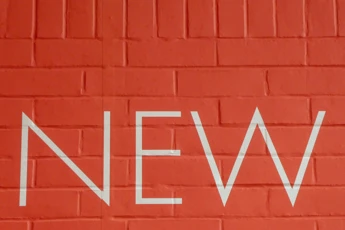The mortgage landscape is packed full of nuances, and one of those is that a property is not just a property. It will either be a freehold or a leasehold, and the differences between the two are important.
Let’s explore exactly what owning a leasehold property means.
Understanding the basics
The owner of a freehold property grants the prospective homeowner permission to live and use the property on their land for a specific period. This is known as the lease term. It is also not the same thing as renting.
You own the property, for all intents and purposes, but the land on which that property sits belongs to someone else, or the freeholder.
Lease terms and durations
Leasehold agreements typically span 99, 125, or 999 years. They can be as short as 40 years or less, and these are the properties to be careful of if you’re looking at long-term ownership.
While not only linked to flats or apartments, these are some of the most common forms of leasehold properties.
Financial considerations and ground rent
One of the most notable features of leasehold properties is the requirement to pay ground rent to the freeholder. This is for the benefit of being able to live on their land. Ground rent is a crucial part of the lease agreement, and failure to meet these obligations can lead to legal issues.
There may be other costs involved, such as service charges and council tax. These contribute to the maintenance and upkeep of communal areas.
The pros and cons of leaseholds
Leaseholds can provide a more accessible entry point of homeownership, as they can be cheaper. You may also have access to communal facilities and other benefits, such as covered parking. If the exterior needs work, the freeholder may be responsible for arranging it. However, you will still need to contribute towards the cost of the work.
If you want a long-term investment with total control over the land and appearance of your home, then leasehold may not be the right choice for you.
If you’re looking to get a mortgage for a home, whether leasehold or freehold, then we recommend getting in touch with a mortgage adviser. An adviser can help you navigate the world of mortgages, providing expert, bespoke guidance suited to your individual needs and circumstances.
Important information
Your home may be repossessed if you do not keep up repayments on your mortgage.
There may be a fee for mortgage advice. The actual amount you pay will depend on your circumstances. The fee is up to 1% but a typical fee is 0.3% of the amount borrowed.




